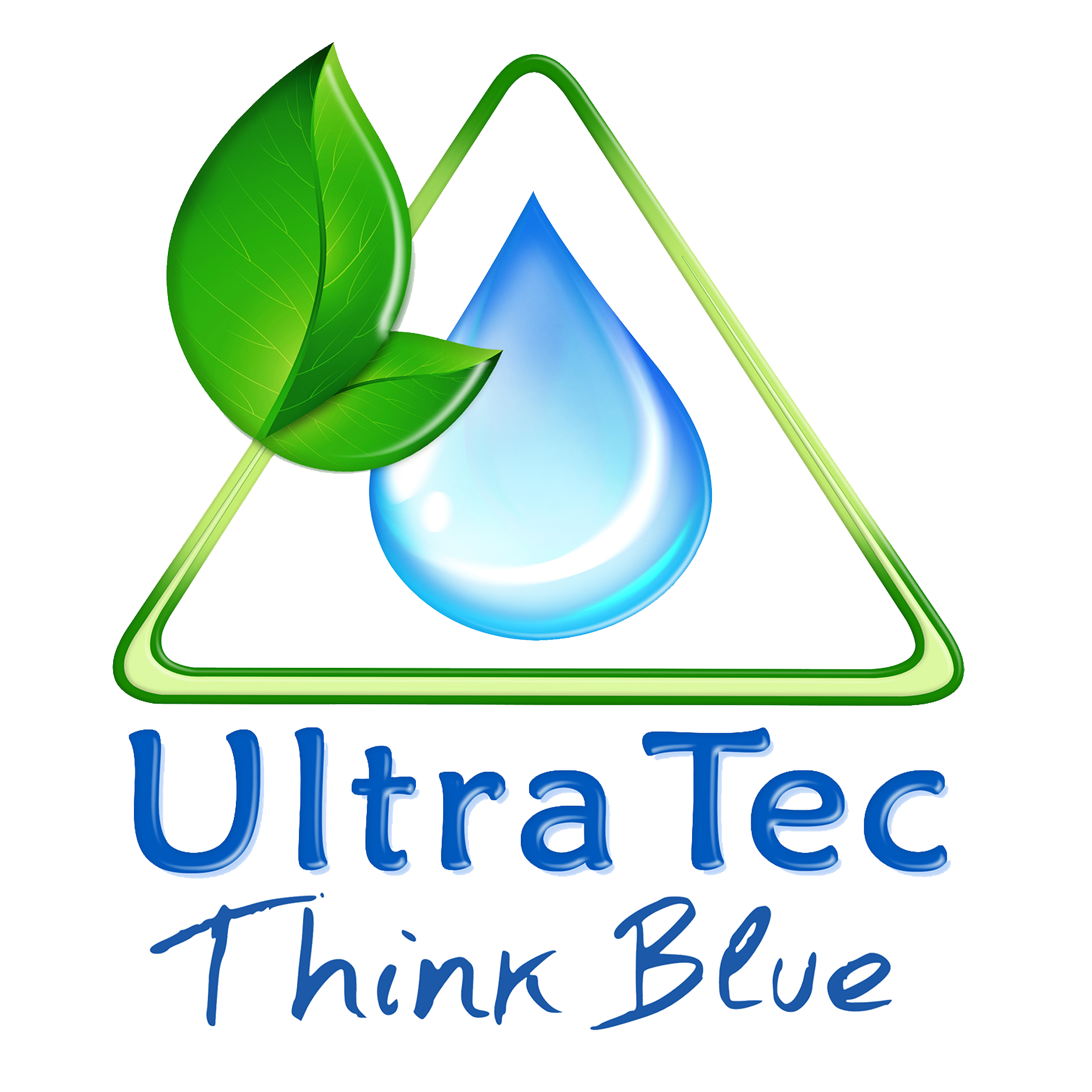RO plants, short for Reverse Osmosis plants, are advanced water treatment systems designed to remove contaminants and impurities from water through a process called reverse osmosis. This technology is highly effective in producing clean, purified water for various industrial, commercial, and residential purposes.
How Does an RO Plant Work?
At the heart of an RO plant is a semi-permeable membrane that acts as a barrier to contaminants, allowing only pure water molecules to pass through while blocking larger particles, ions, and impurities. Through the application of pressure, water is forced through the membrane, leaving behind concentrated pollutants, which are then flushed away as waste.
Benefits of RO Plants:
- Water Purity: RO plants deliver high-quality, purified water free from harmful contaminants such as bacteria, viruses, heavy metals, and chemicals.
- Ro plant Versatility: RO technology can be tailored to treat different types of water sources, including brackish water, seawater, and wastewater treatment, making it suitable for diverse applications.
- RO plant Efficiency: RO plants are energy-efficient and produce minimal waste compared to traditional water treatment methods, contributing to sustainability efforts.
- Cost-Effectiveness: While initial investment costs may be higher, the long-term savings from reduced water consumption and maintenance make RO plants a cost-effective solution.
- Health Benefits: Consuming RO purified water ensures the removal of impurities, leading to improved health outcomes and hydration.
Applications of RO Plants:
RO plants find extensive use across various industries and sectors, including:
- Drinking water purification
- Industrial process water treatment
- Pharmaceutical and healthcare
- Food and beverage production
- Agriculture and irrigation
Conclusion:
RO plants play a very important role in providing clean, safe, and purified water for various applications, offering numerous benefits in terms of purity, efficiency, and versatility. By understanding how RO plants work, their benefits, and maintenance requirements, you can make informed decisions about implementing this technology to meet your water treatment needs. Whether for industrial, commercial, or residential use, investing in an RO plant is a step towards ensuring access to high-quality water now and in the future

